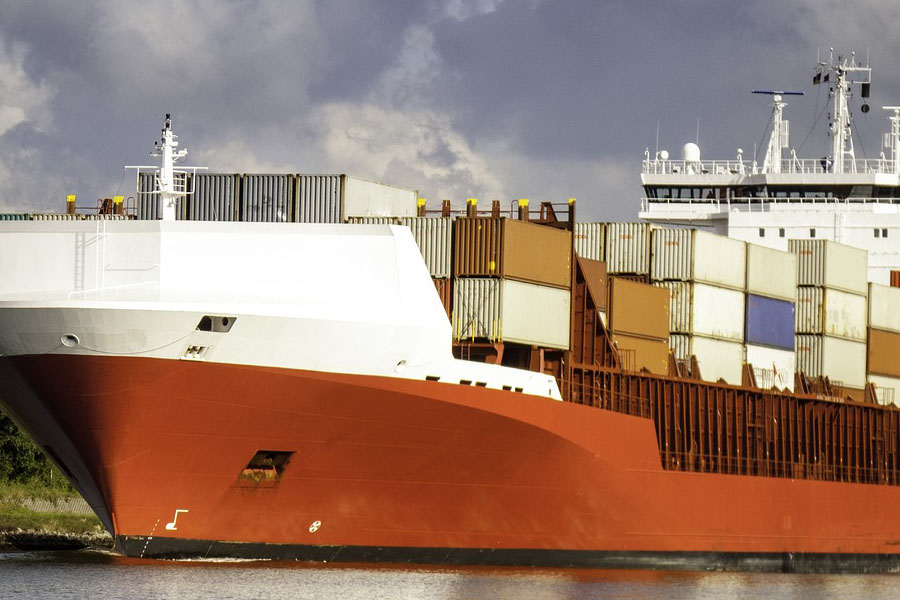
How to Choose Professional TeaExport agentThe company?
When choosing an agent company, the following factors should be considered:
- Industry ExperiencePriority is given to companies that have operated similar types of tea (such as black tea/green tea/purple tea) export cases.
- Qualification documentsConfirmation of Customs AEO certification, food import and export qualification (registration number can be verified on the Chinese Customs website)
- Service networksAvailable in target markets (such as the EU/Middle East/South East Asia)
- Testing CapacityCooperative laboratories must pass CNAS certification to issue testing reports that meet importing country standards.
What are the essential qualifications for exporting tea?
According to the latest regulations in 2025, tea export enterprises should prepare:
- Food business license (including tea within the scope of business)
- Export foodCertificate of Production Enterprise
- Certificate of origin (selected version according to the Free Trade Agreement)
- Pesticide residue testing reports (must meet target country MRLs standards)
- Health certificate (issued by customs authorities)
The TeaExport agentWhat is the specific process?
The standard operating process consists of seven key links:
- The contract signing phase
- determinedTrade terms(It is recommended to use CIF or DDP)
- Quality Acceptance Standards
- Reserve Stage
- Packaging materials comply with the requirements of the importing country (such as EU regulations on food contact materials)
- Pre-examination of samples to ensure
- Customs phase
- Production is complete.customs clearanceDocumentation (including component analysis tables)
- HandledInspection of vaccinesProcedure
- The logistical phase
- Choose constant temperature container transportation (especially high-end teas)
- Buying transportation insurance
What projects include agency costs?
The 2025 service fee usually consists of four parts:
- Basic agency fees1.5-3% of the cargo value (floating based on service content)
- Customs expensesIncluding government charges such as commercial inspection fees, port construction fees
- Transportation costs: Shipping / air transport costs and port clearance charges
- Special services feesValue-added services such as CO certification agency, label audit
What are the common risks of tea exports?
Particular attention should be paid to the following three types of risk prevention:
- Quality Risk
- The latest EU disability standard EU 2025/XX has been added to the test indicator 15
- Japan confirms new restrictions on tea polyphenol content
- Risk of labelling
- U.S. FDA requires labelling of caffeine and allergen information
- Middle Eastern countries need Arabic labels
- Risk of settlement
- It is recommended to use30% pre-payment +70% see copy of the invoice
- Avoiding risks of exchange rate volatility in emerging markets
By selecting professional-qualified agencies, quality control and document preparation in advance, enterprises can significantly reduce export risks.The risk planTo clarify the quality dispute handling mechanism and force majeure provisions to ensure the smooth development of the tea export business.


 Follow Customer Service WeChat
Follow Customer Service WeChat